This Thursday, a new version of the Interregional Meeting took place, where an analysis was conducted on the situation in the Biobío and La Araucanía regions, within the context of the current State of Constitutional Exception in the Southern Macrozone.
The meeting, led by Undersecretary of the Interior Víctor Ramos Muñoz; Undersecretary of Defense Ricardo Montero; and Undersecretary of Public Security Rafael Collado; also included the participation of regional and provincial presidential delegates, along with the heads of the National Defense for the State of Exception (Jedena) in Biobío, Rear Admiral Arturo Oxley; and in La Araucanía, General Alejandro Moreno, as well as representatives from Carabineros, the Investigative Police (PDI), Gendarmerie, the Public Ministry, the National Intelligence Agency (ANI), and Customs.
During the meeting, the Government stated that 2025 is shaping up to be the year with the fewest rural violence incidents in the Southern Macrozone in the last 8 years. According to official figures, as of July 20 of this year, there has been a 41.4% decrease compared to 2024. Additionally, land seizures have dropped by 60.9%, road blockades by 19%, and vehicle/machinery thefts by 53%.
However, despite the decline in rural violence figures in the Macrozone, the Executive Branch has not yet projected an end date for the State of Constitutional Exception, clarifying that the necessary conditions are not yet met and that it remains part of the security strategies implemented in the area.
"The Executive Branch's concern, and all available tools to continue on this path, will continue to be used as long as necessary," responded Undersecretary of the Interior Víctor Ramos when asked about a potential end to the State of Exception.
Similarly, regarding a possible date to terminate this constitutional measure—which falls under the exclusive authority of the President of the Republic—Ramos stated that there is no projection yet and emphasized that the priority is "ensuring that La Araucanía continues to grow above the national GDP, that Arauco keeps generating tourism, as it has been doing recently, that roads recover and regain vitality. That is our focus, and we hope that once we have the appropriate indicators—ones that reassure all sectors, including Congress, the Executive, and all political forces—decisions will be made."
For his part, Undersecretary of Defense Ricardo Montero explained that there are currently three lines of work in the Southern Macrozone: one related to security in the area, another concerning investment, and the last tied to the work of the Commission for Peace and Understanding.
Following this, Montero noted that "the police function remains primarily the responsibility of Carabineros and the PDI. What we do with the military is provide reinforcement—reinforcement in presence, logistics, communications, and, of course, in resources and personnel. That is the work that has yielded results."
Regarding potential changes in police and Armed Forces operations, the Undersecretary of Defense indicated that there are a series of indicators to assess the situation. In this regard, he commented, "When those indicators show that the police can resume their usual or more regular operations with the new resources they have, with the new personnel being trained, then we will make a specific change in that strategy. But let it be clear: we will not rush this."
In turn, Undersecretary Montero also addressed the attack on the Rucalhue Power Plant in Santa Bárbara—Biobío Province—where 12 armed individuals stormed the project site, threatening and restraining security guards before setting fire to 51 cargo vehicles.
Regarding the case, the Defense Ministry representative stated, "We know there are cases of greater significance, and the burning of over fifty trucks is an extremely serious incident. But we must not lose sight of the overall numbers I was discussing. We are in the investigative process regarding this particular case, reviewing strategies to respond to incidents like this, and taking all necessary measures."
Under the same context, Montero reiterated the emphasis on the decline in cases, asserting that, despite incidents like the one in Santa Bárbara, the strategy in the Southern Macrozone is delivering results. "If we revisit the macro numbers, regardless of the extremely serious isolated incidents this year and last year, the macro numbers consistently show that the strategy is working. It’s not enough to meet our expectations, but we are on the right track."
From the Ministry of Public Security, Undersecretary Rafael Collado highlighted the creation of the Integrated Police Coordination Center and stated that "this will generate greater strategic capabilities for the police and the Ministry of Security (...) That is what I want to emphasize from today’s meeting: security is a State task. I want to reiterate and appreciate this State-driven approach, this joint effort, and in this case, even an interregional one."
At the same time, Collado added, "It is gratifying, in terms of interinstitutional cooperation, to confirm the existence of a public security ecosystem in both regions—one that will only grow stronger. Security is a State task, and today, it is this interinstitutional work that has allowed us to focus the strategy and understand what we can do moving forward in the interregional situation we find ourselves in."
Source:Diario Concepción


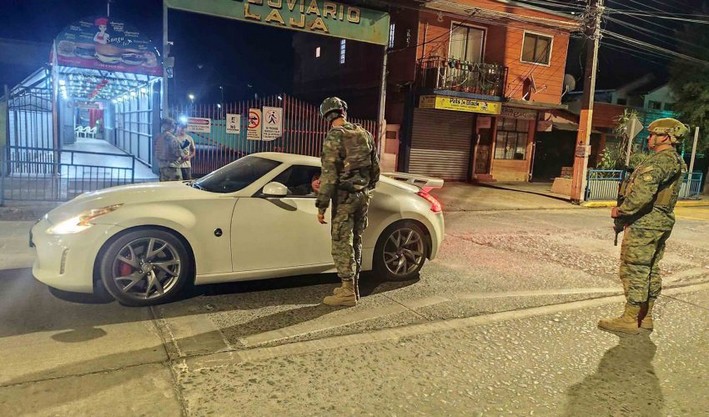
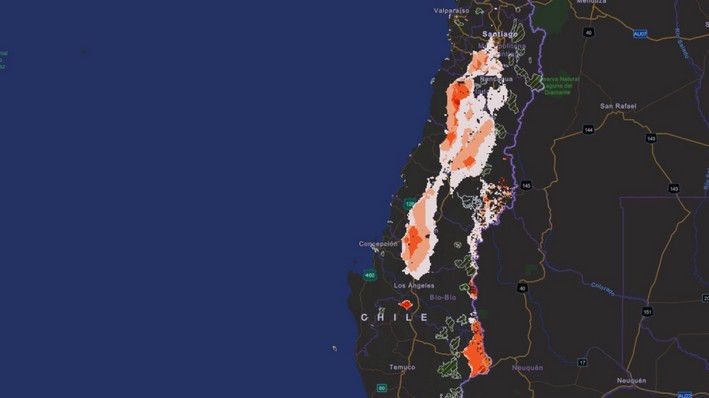
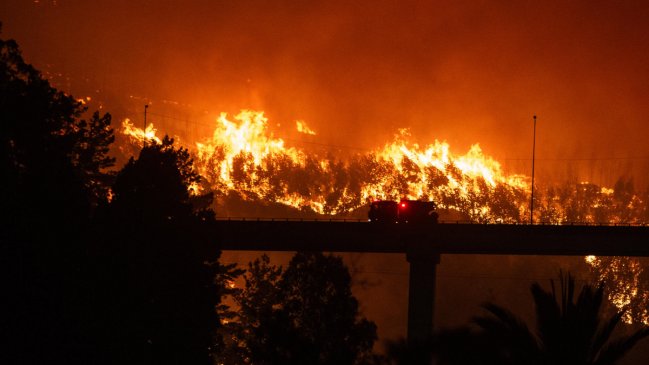
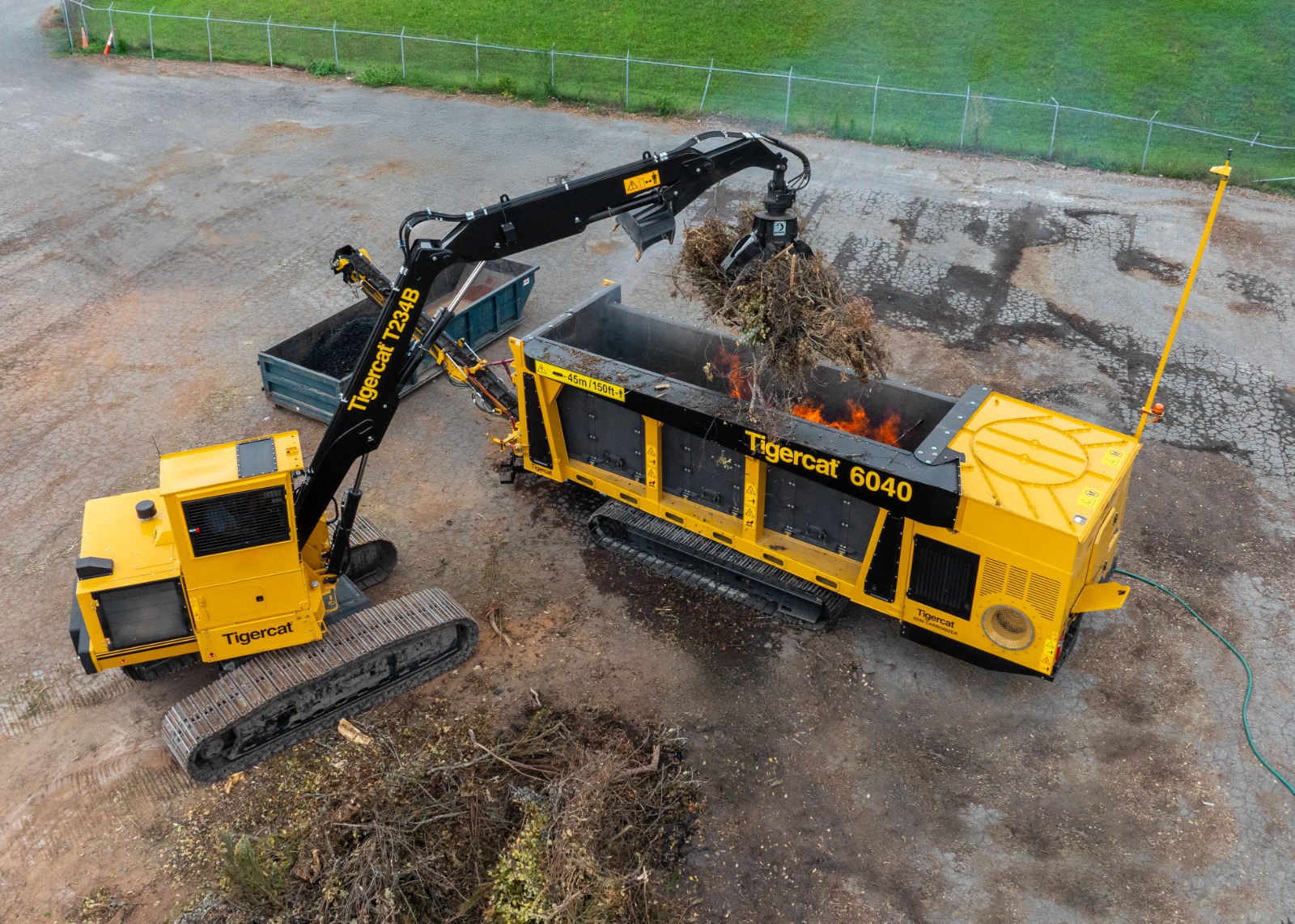
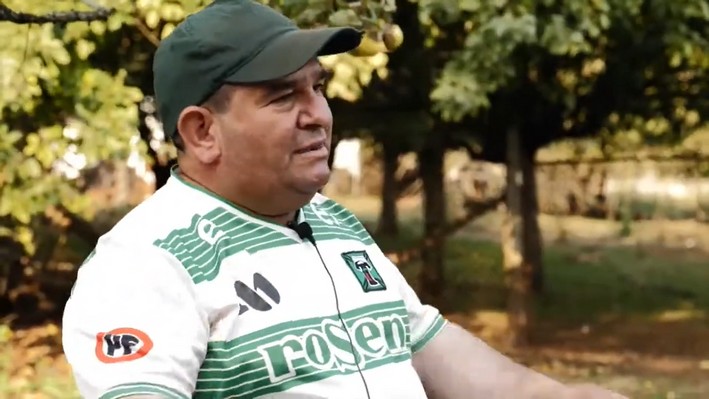
Comments (0)
No comments yet. Be the first to comment!
Leave a comment